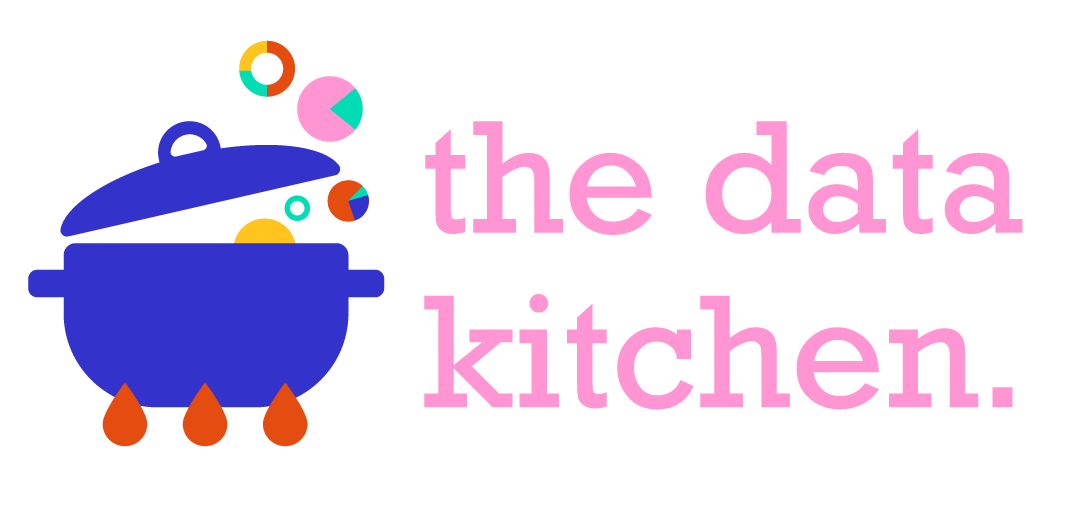Working for a development research firm, data is a word I can’t escape. But what’s really interesting to me is not the data itself; it’s what it can mean when it becomes knowledge. If the circumstances are right, data can even lead to impact. I want to understand what ingredients researchers and development workers need to turn data into positive social change.
Introducing Kristin
My career has not been a linear one (more multivariate, if you will). Let me start from the beginning.
I completed a Bachelor’s degree in urban planning from the University of New South Wales in Sydney, Australia. I wrote my thesis on how the idea of ‘community’ can serve as a marketing tactic by property developers, which ultimately reinforces (geographic) social divisions. Since this time, my interest in studying and understanding inequalities has only deepened.
After graduating I spent four years working on contentious environmental policy reforms for the New South Wales state government. I learned a lot about politics, to put it lightly. I then moved to Amsterdam, the Netherlands, where I briefly studied economics at the Vrije University before landing my first communications job for an impact investing firm.
In 2019, I started my current role in communications and business development for Laterite, aforementioned development research firm. Laterite aims to deliver evidence-based solutions to development questions across East Africa, with a focus on data and ethics. So I come across a lot of interesting ideas about data for development in my working life. And I’m excited to have the opportunity to delve deeper into these themes in this blog.
When I’m not working or blogging, I also enjoy reading, cooking and watching unhealthy amounts of TV.
Note: the cover image for this post was generated by DALL·E, an OpenAI platform that uses artificial intelligence (AI) to create original images.

